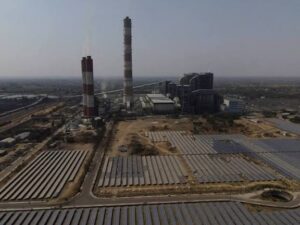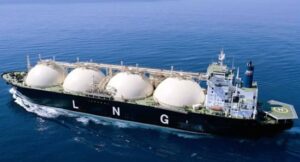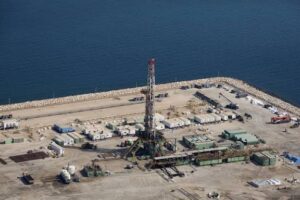Venezuela has scrapped its energy cooperation deals with Trinidad and Tobago after accusing the Caribbean nation of backing a U.S.-led military operation in the region.
President Nicolás Maduro announced the decision on national television, saying Trinidad’s alignment with Washington posed a direct threat to Venezuela and South America. He described the move as a response to what he called the “hostile and warlike posture” of Trinidad’s leadership.
The suspension ends a 10-year gas cooperation framework between the two countries, which had been renewed earlier this year. The agreement had enabled joint gas development and supply projects vital to both economies, especially for Trinidad’s liquefied natural gas and petrochemical sectors.
Vice President and Oil Minister Delcy Rodríguez, who first proposed the cancellation, said the state oil firm PDVSA had formally recommended terminating the deal. She accused Trinidad’s government of siding with the United States’ “military agenda” and undermining regional stability.
The decision follows days of escalating tension. U.S. forces recently docked a guided missile destroyer in Trinidad as part of operations targeting drug trafficking networks. Venezuelan authorities, however, claim the mission is part of a broader U.S. strategy to destabilize the region and isolate Caracas.
Trinidad’s Prime Minister Kamla Persad-Bissessar dismissed Venezuela’s accusations, insisting that her country’s national interest “does not depend on Venezuela and never has.” She has publicly supported Washington’s anti-drug campaign, calling for tougher action against traffickers.
Maduro also alleged that Venezuelan intelligence had foiled a plot involving CIA-backed mercenaries who planned to stage a false-flag attack on U.S. naval forces docked in Port of Spain. He said evidence had been shared with Trinidad’s government, which he accused of ignoring Venezuela’s warnings.
The diplomatic fallout threatens to deepen energy uncertainty in Trinidad, which relies heavily on imported gas to sustain its industrial sector. Analysts say the loss of Venezuelan gas could strain supply chains and affect key exports such as ammonia, methanol, and LNG.
The United States had recently reinstated limited waivers for Trinidad to import Venezuelan gas, following a series of sanctions-related reversals earlier this year. However, with Caracas pulling out of the bilateral framework, future cooperation now appears unlikely.
The dispute adds fresh tension to an already volatile Caribbean region, as U.S. military activity intensifies and Venezuela hardens its stance against neighboring allies seen as cooperating with Washington.









